The Top 10 Trends Shaping Healthcare IT Right Now
From life-saving AI-powered solutions to high-profile cybersecurity risks, George Pashardis, vice president of healthcare for Herndon, Va.-based ePlus shares the top ten trends affecting the healthcare space right now at XChange 2019.
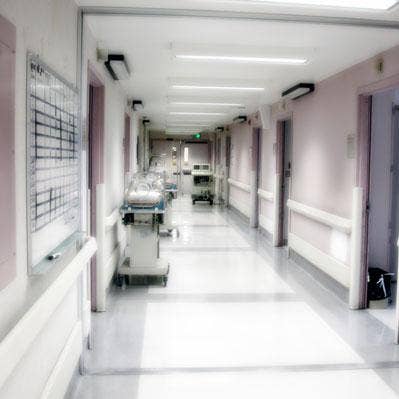
Top Of Mind
George Pashardis, vice president of healthcare for solution provider heavyweight ePlus Technology, wants fellow partners to get comfortable with emerging IT trends that are affecting one of the most regulated environments: the healthcare space.
5G, blockchain, and consumerization, for example, aren't just buzzwords. These trends will be very meaningful in boosting patient satisfaction and ultimately, health outcomes. But IT leaders at hospitals and healthcare facilities are faced with tight budgets and constant cybersecurity threats, so their trusted partners need to help them prepare and innovate at the same time.
At XChange 2019, hosted by CRN parent The Channel Company, Pashardis shared the top ten IT trends that are impacting the healthcare space today and how solution providers with healthcare customers should tackle these emerging obstacles and opportunities.

5G
Fifth-generation cellular technology is set to change many industries with its lightning-fast connectivity that will empower brand-new use cases. Unlike previous iterations of cellular technology, 5G will make it possible for healthcare organizations to rely on cellular connectivity.
That's because 5G will allow for the real-time exchange of data, Pashardis said. "Doctors today want to be able to move fast, and 5G will help move data as fast as possible, especially when they are looking at tests and working with wearable devices."

Interoperable Technologies
IT solutions are becoming more integrated across the board as users demand that their products and services play well with each other. What interoperability means for healthcare, is that different systems and software applications are increasingly becoming better at communicating with one another, Pashardis said. However, interoperability is still a challenge.
"These systems are talking with each other and exchanging information that hasn't been exchanged in the past. It's so important because it means that doctors, surgeons, and other medical providers have all the information they need to provide sufficient care to patients," he said.

Blockchain
Blockchain is often thought of as cryptocurrency, but that's only one form of blockchain. Blockchain is at its core, a ledger that cannot be changed or erased. And it is going to be the future of healthcare, Pashardis told partners.
"It's my opinion that [electronic medical records] EMRs will have to adopt blockchain first," he said. "Blockchain will help make all [medical information] a part of one system so patients don't have to go back over all their data with a new provider."

Consumerization
Just as consumerization has trickled into other areas of IT, such as the bring your own device (BYOD) trend, consumerism is also hitting healthcare, Pashardis said. Many hospitals are merging or going out of business and many are trying to differentiate themselves with patients by developing things like new applications that can help patients find their way around a facility or pay their bills electronically.
"Today, we all have choices on where to go and it’s a very competitive market," he said. "We are seeing hospitals transform themselves, with some even designing rooms to look like home to make [patients] feel more comfortable."
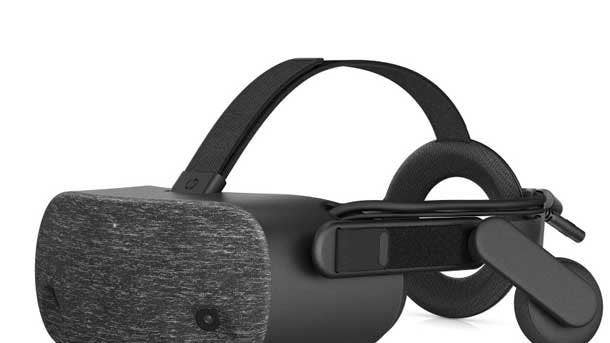
Virtual Reality
Virtual reality, not just for video games, is creeping into the healthcare space as an emerging way to improve patient outcomes, Pashardis said.
"We're seeing applications just for surgeons, for example, that help these doctors practice before they go into surgery," he said. "It's not cheap, but it's a big differentiator for the hospital and a comfort to the patient."

Telemedicine
Telemedicine has been around for a long time, but the Centers for Medicare and Medicaid Services (CMS) has made recent changes which have prompted new grants from the Federal government for more investment in telemedicine. As such, there's been an uptick in sales, Pashardis said.
"There's a lot of vendors selling telemedicine today, but make sure you look at vendors and partners with a cloud-based solution," he told the audience. That's because these offerings integrate with other solutions that can enhance and improve outcomes for patients and providers. The solutions can also work better for patients without access to high-speed connectivity, he added.
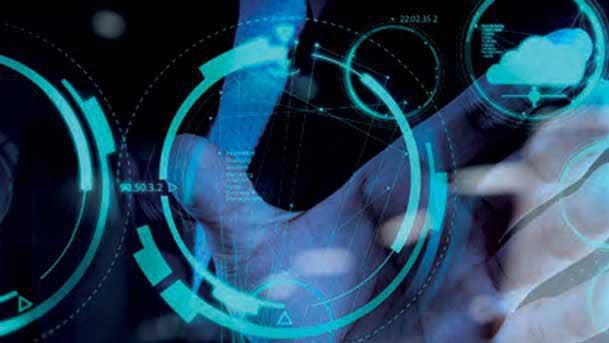
IoT
IoT is already hugely evident in the medical world as evidenced by connected IV pumps and EKG machines. Connected devices are undeniably useful in the healthcare realm, but there's still a risk around security, Pashardis warned.
"We've seen a lot of ransomware issues. This is where ransomware is going to transform itself into malware," he said, noting the opportunity for the channel around IoT security.
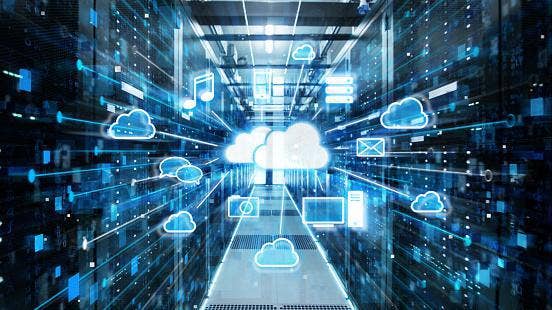
Cloud
Cloud, a major IT trend for the past decade, still hasn't exactly penetrated the healthcare space yet thanks to security and regulatory concerns, Pashardis said. However, it’s 2-3 years away from adoption and partners with healthcare customers should pay attention.
"Hospitals will adopt cloud because they are changing all their data center strategies and cloud is going to help them with things like cutting costs," he said.
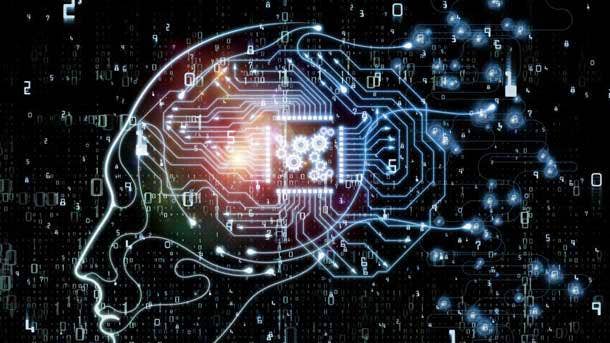
AI
Organizations that leverage big data within the next ten years are going to improve customer experience. Solution providers servicing the healthcare industry must "get comfortable" and get educated with AI now, and target the right departments within the hospital, like radiology, Pashardis said.
"We’ve already seen that AI saves lives," he said. "Hospitals today own a lot of data, but they don't know who to use it, so there are a lot of ways to approach a customer and ask questions about how they want to transform and differentiate themselves."
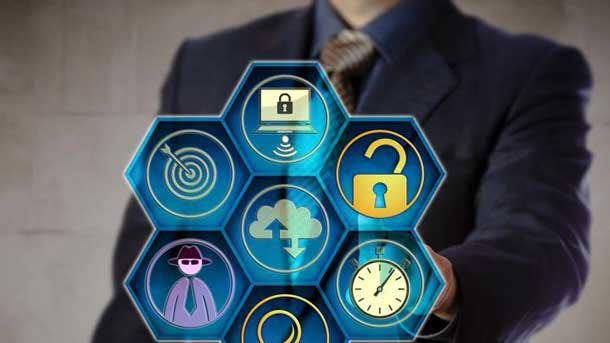
Cybersecurity
The number one IT trend in healthcare for the foreseeable future is cybersecurity. That's because healthcare is highly regulated and HIPAA violations are expensive. Pashardis said that 88 percent of ransomware attacks today hit hospitals.
"Most hospitals today don't have a CISO, or the CISO doesn't have a budget," he said. "Medical records contain identity and other valuable information, and the data doesn't change -- the medical record is forever. Investments to protect patient information is paramount today."